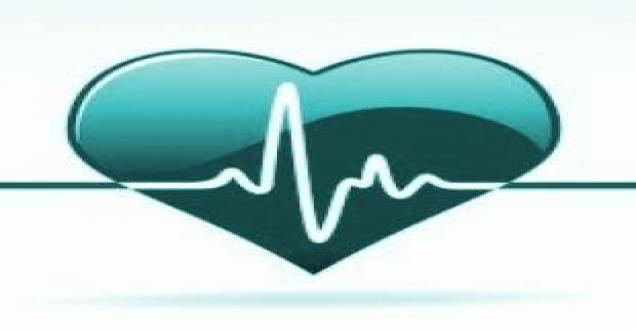
For weeks, Gail Alexander-Wright, then 37, had noticed a dull pain in her neck, as well as a nagging fatigue. Then, one night, she felt a sharp pain in her chest. "I had just worked out, so I thought I'd pulled a muscle," says the business analyst, now 42, from Chesapeake, Virginia. But an hour later, she was lying on her bed, drenched in sweat and so overcome with pain she couldn't speak. When the paramedics came, even they didn't recognize what was wrong: She was having a heart attack. "I was young, thin, and didn't have any other symptoms," she says.
Turns out, Alexander-Wright's neck pain and exhaustion had been early warning signs of a heart attack (in which blood flow to a section of heart muscle is blocked, causing damage there). Though Alexander-Wright did feel chest tightness before her attack, less than a third of women do, which is one reason why twice as many women die of heart attacks as men. "Heart attack is not just a man's deal," says Kathleen Sebelius, Secretary of the U.S. Department of Health and Human Services (HHS). Heart disease—a name for the dangerous buildup of plaque in your arteries that could lead to an attack or stroke—"is the number-one killer of women," she adds.
One problem: Many women are walking around with high cholesterol or blood pressure without even realizing it, which puts them at higher risk. The reassuring news is the more you know about the care and feeding of this vital organ, the stronger and healthier yours will be.
Problem No. 1: Hypertension
The lowdown. About half of women over 45 have hypertension (a.k.a. high blood pressure), says Nieca Goldberg, MD, medical director of NYU Langone Medical Center's Women's Heart Program.
Why that's a problem: Over time, elevated blood pressure can make your arteries less flexible, so it's more difficult for blood to flow through them. It can also damage blood vessels, possibly leading to kidney failure or blindness, or triggering the formation of plaque that can cause heart attack or stroke.
"We're seeing hyper-tension now in younger and younger women since more are overweight," adds Leslie Cho, MD, director of the Women's Cardiovascular Center at the Cleveland Clinic. "Extra pounds put strain on all body parts, including your arteries." Being sedentary, eating too much salt, and having a family history or a condition such as psoriasis or diabetes can also put you at risk. Did you develop high BP while you were pregnant? Even if your numbers went back down after delivery, you're at higher risk of getting the condition again.
What it feels like. Most often, nothing. But if you find yourself feeling dizzy, having blurry vision, or getting frequent headaches, see your doctor.
Rx. Have your primary care doctor or gyno check your blood pressure yearly. The optimal reading is under 120/80; if you're borderline high (130/80), you should get rechecked a few weeks later. The good news: Lifestyle tweaks such as losing weight, sticking to less than 1,200 milligrams of salt a day, exercising regularly, and actively managing stress may lower your blood pressure in just three months, if you're at borderline, says Jennifer H. Mieres, MD, a professor of cardiology at North Shore--LIJ Health System in New York and spokesperson for the American Heart Association (AHA). If your blood pressure is high (over 140/90), your doc may give you meds such as diuretics, ACE inhibitors, or beta-blockers to reduce it.












.jpg)














